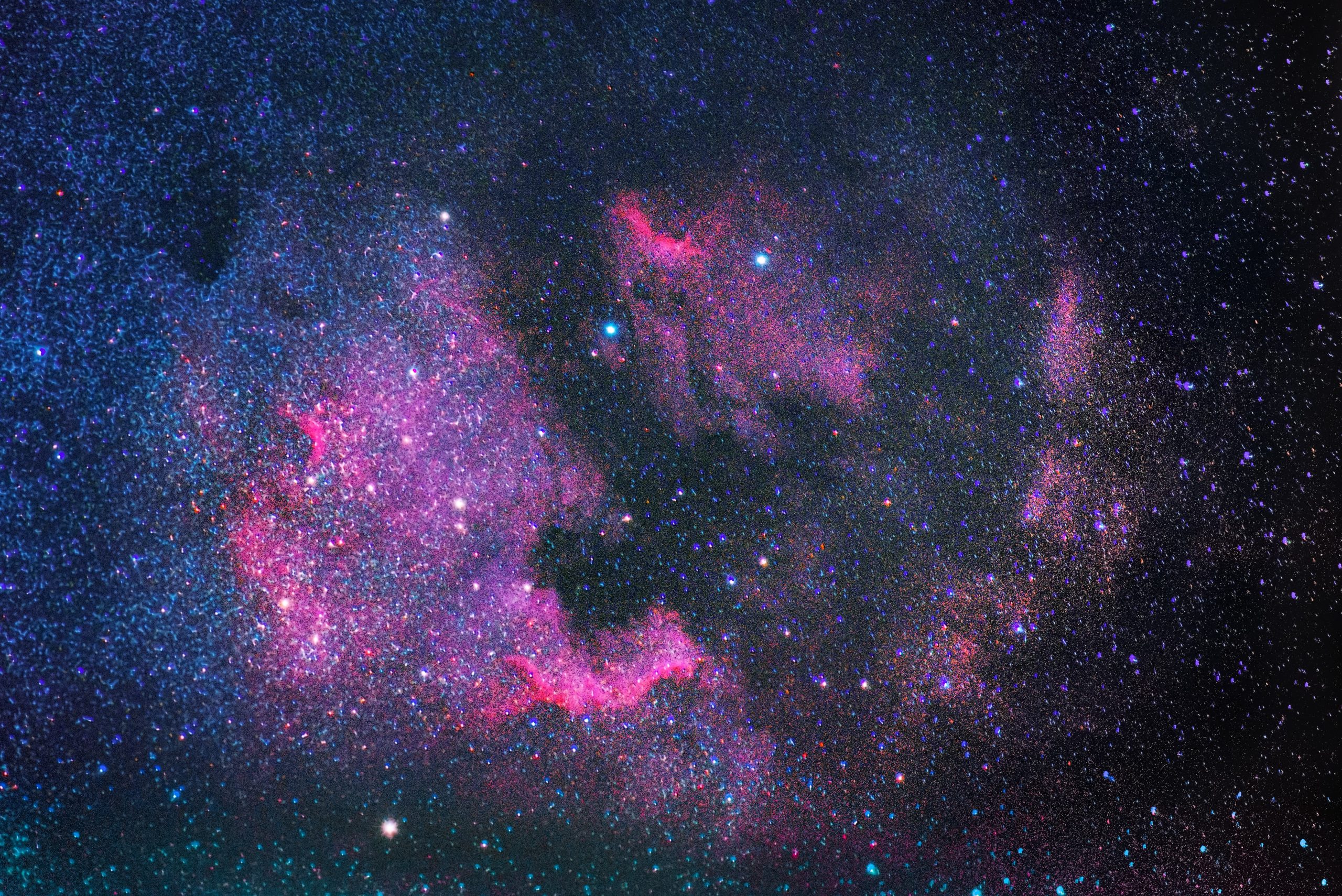Maria or the Wrongs of Woman: Mary Wollstonecraft’s Influence on Feminism
Women’s rights have come a long way throughout history, with numerous strong and influential women leading the charge for change. One such revolutionary figure is Mary Wollstonecraft, the author of “Maria or the Wrongs of Woman.” This groundbreaking novel, published posthumously in 1798, is a testament to Wollstonecraft’s unwavering belief in gender equality and her commitment to challenging societal norms.
The Life and Legacy of Mary Wollstonecraft
Before exploring the contents of “Maria or the Wrongs of Woman,” it is essential to understand the life and legacy of Mary Wollstonecraft. Born in 1759 in London, England, Wollstonecraft defied the constraints placed upon women during that era. She advocated for women’s education and equality, challenging traditional gender roles.
As an accomplished writer and philosopher, Wollstonecraft penned several influential works, including “A Vindication of the Rights of Woman” (1792). This seminal piece argued for equal education opportunities for women and decried the limitations imposed on them by society. Despite facing backlash, Wollstonecraft remained steadfast in her beliefs, setting the stage for her final novel.
An Overview of “Maria or the Wrongs of Woman”
“Maria or the Wrongs of Woman” is an epistolary novel that follows the life of its eponymous protagonist, Maria. The story revolves around Maria’s struggle against societal expectations and the oppressive patriarchal system she finds herself entangled in.
In the novel, Wollstonecraft vividly portrays the injustices women faced during the late 18th century. Maria’s journey introduces readers to the horrors of mental and physical abuse, forced marriages, and the lack of legal protections for women. Through Maria’s tumultuous experiences, Wollstonecraft highlights the urgent need for societal reform.
Themes Explored in “Maria or the Wrongs of Woman”
Wollstonecraft’s novel delves into various themes, each challenging the status quo and advocating for women’s liberation. Here are some significant themes explored in “Maria or the Wrongs of Woman”:
- Patriarchy and Gender Inequality: Wollstonecraft critiques the prevailing patriarchy that denies women agency and perpetuates their subjugation.
- Individual Freedom: The novel emphasizes the importance of individual freedom and self-determination, particularly for women who are often denied such liberties.
- Women’s Education: Continuing her advocacy from “A Vindication of the Rights of Woman,” Wollstonecraft highlights the significance of education in enabling women to challenge societal norms.
- Marriage and Relationships: Through Maria’s experiences, Wollstonecraft highlights the perils of forced marriages and unfulfilling relationships, underscoring the need for mutual respect and consent.
Wollstonecraft’s Influence on Feminism
Mary Wollstonecraft’s impact on feminist thought cannot be overstated. Her relentless dedication to women’s rights and her willingness to challenge societal conventions laid the foundation for future feminist movements.
“Maria or the Wrongs of Woman” awakened readers to the realities faced by women within a patriarchal society. Its publication prompted further conversation on women’s rights and inspired future writers and activists.
Wollstonecraft’s work continues to resonate even today, with her writings often cited as influential feminist texts. The novel’s themes still hold relevance, shedding light on persistent gender inequalities and prompting discussions on the path to equality.
Conclusion
“Maria or the Wrongs of Woman” stands as a testament to Mary Wollstonecraft’s unwavering conviction in the fight for women’s rights. Through the novel’s compelling narrative and exploration of themes, Wollstonecraft challenged societal norms and paved the way for future feminist movements.
Wollstonecraft’s legacy endures, as her work continues to inspire and empower women across the globe. By daring to challenge the status quo, she instigated a powerful ripple effect that resonates even today, reminding us of the importance of dismantling oppressive systems and advocating for gender equality.
Mary Wollstonecraft’s “Maria or the Wrongs of Woman” is not merely a novel; it is a call to action, urging readers to stand against injustice and fight for a world in which women are afforded the same rights and opportunities as men.
Table of Contents
